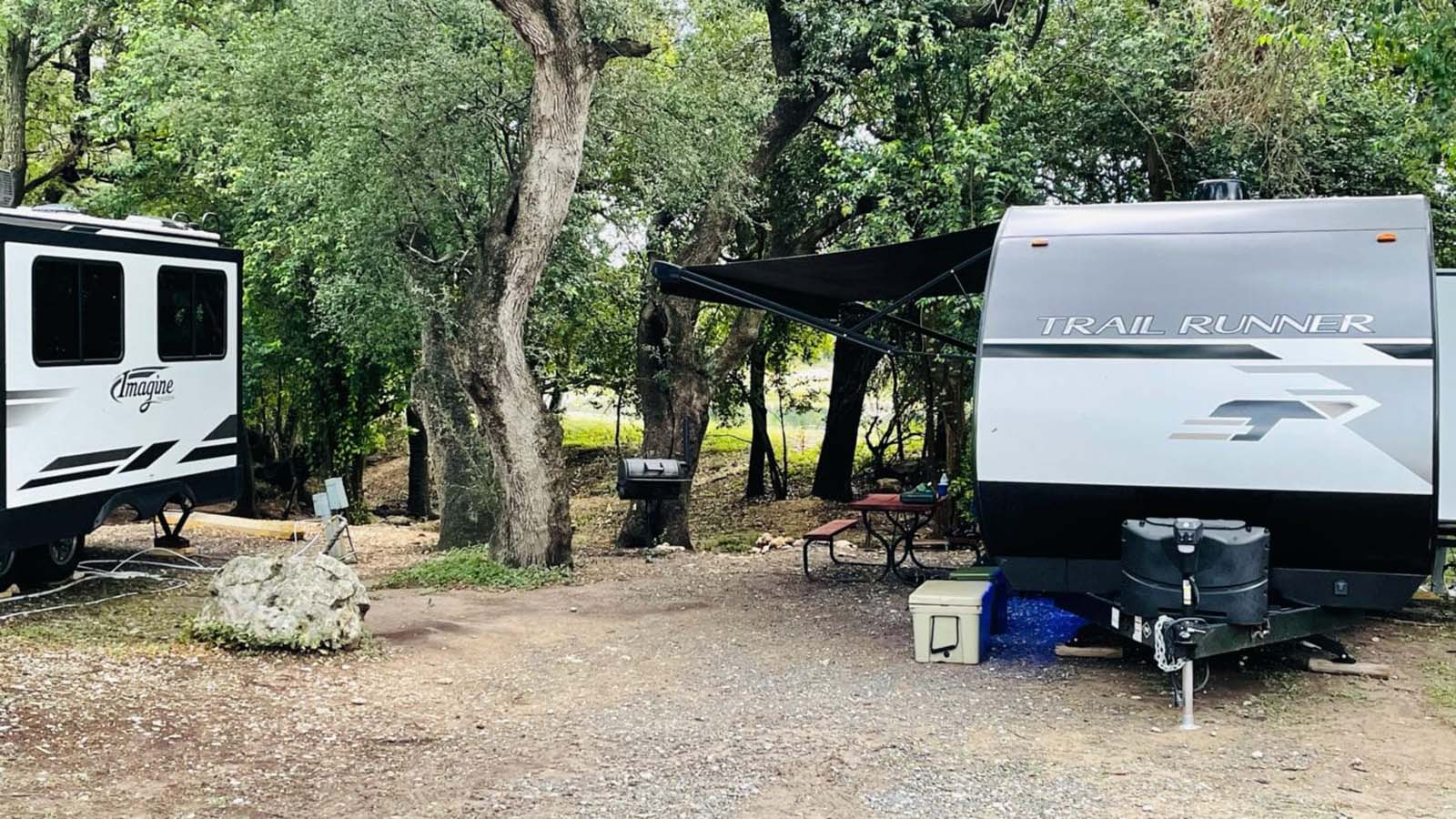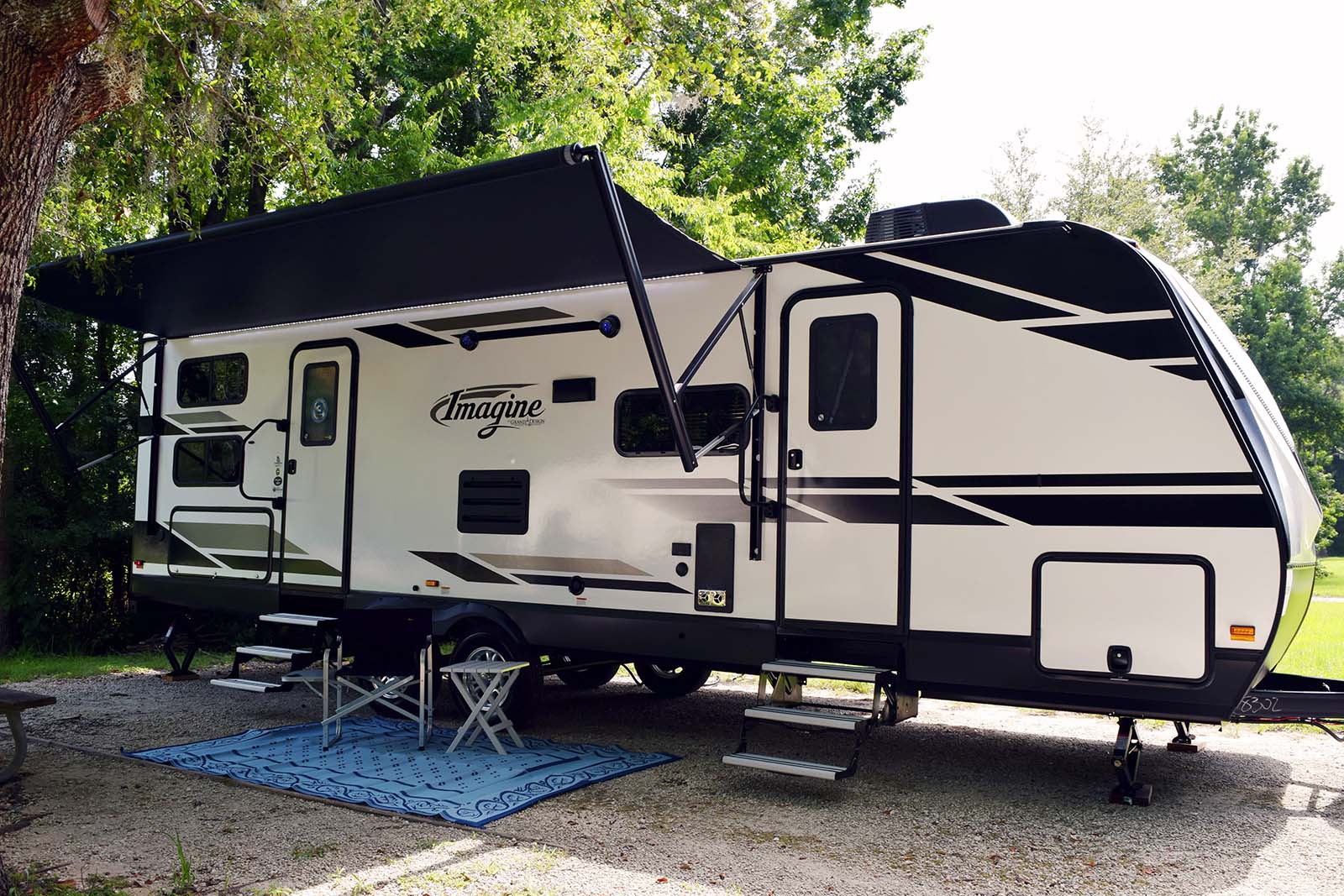Title: Winterizing RV Batteries: Essential Tips to Preserve their Performance

Introduction: When it comes to preparing your RV for the winter season, ensuring the proper winterization of its batteries is crucial. Harsh weather conditions can have a significant impact on battery health and performance. In this article, we will discuss essential tips to winterize your RV batteries effectively, allowing you to preserve their performance and extend their lifespan.
H2: 1. Understanding the Impact of Cold Weather on RV Batteries Extreme cold temperatures can adversely affect the performance and overall lifespan of your RV batteries. When exposed to freezing temperatures, the electrolyte solution inside the battery can freeze and expand, causing potential cracks or damage. Additionally, cold weather slows down the chemical reaction inside the battery, reducing its capacity to hold and deliver power.
H2: 2. Proper Battery Removal and Storage Before winterizing your RV batteries, it is recommended to remove them from the vehicle. Begin by disconnecting the negative terminal followed by the positive terminal. Clean the battery terminals and check for any signs of corrosion. Next, store the batteries in a cool and dry location, away from any direct heat sources or extreme cold exposure.

H2: 3. Battery Charging and Maintenance To prevent your RV batteries from self-discharging during the winter months, it is essential to keep them charged adequately. Use a battery charger designed specifically for the type of battery you have. Regularly check the battery fluid levels and top them up if necessary with distilled water. Additionally, make sure to perform a thorough inspection for any signs of cracks or leaks and address them promptly.
H2: 4. Insulate and Protect Battery Compartments To shield your RV batteries from the freezing temperatures, consider insulating the battery compartments. Use foam or insulation blankets specifically designed for this purpose. Furthermore, seal any gaps or openings that may allow cold air to enter and affect the temperature regulation within the compartments.
H2: 5. Testing and Reinstallation Before reinstalling the RV batteries in the spring, test their voltage using a digital multimeter. A healthy battery will typically read between 12.4-12.7 volts. If the voltage is significantly lower, it may indicate a need for replacement. Once tested, reinstall the batteries following proper connection sequences, ensuring a snug and secure fit.

H3: Additional Tips for Optimal Battery Care during Winter:
1. Utilize battery maintainers or trickle chargers to keep the batteries charged throughout the winter. 2. Consider investing in battery insulation wraps or heated battery blankets for added protection in extremely cold climates. 3. Avoid storing batteries directly on cold concrete floors; use wooden pallets or insulation boards instead. 4. Keep the batteries safe from prolonged exposure to moisture or damp environments that could potentially lead to corrosion. 5. Conduct regular maintenance checks during the winter to ensure the batteries are in optimal condition for early spring usage. 6. Consult your RV manufacturer’s guidelines for any specific recommendations regarding battery winterization.
Conclusion: Properly winterizing your RV batteries is essential to maintain their performance and extend their lifespan. By understanding the impact of cold weather, following proper removal and storage procedures, regular charging and maintenance, insulating battery compartments, and testing before reinstallation can effectively winterize your RV batteries. By implementing these essential tips, you can ensure the readiness of your RV batteries and enjoy a trouble-free start to the camping season.

